In a bold move that bridges the gap between traditional artistry and cutting-edge technology, the Rhode Island School of Design (RISD) has announced the launch of its new academic program: AI-Assisted Creation. This interdisciplinary major, set to begin in Fall 2024, represents one of the first formal institutional attempts to integrate artificial intelligence tools directly into creative education at the undergraduate level.
The program emerges at a critical juncture in the art and design world, where generative AI tools have sparked both excitement and controversy. RISD, long regarded as one of the world's premier art and design institutions, appears to be taking a proactive stance rather than resisting the technological tide. "This isn't about replacing human creativity," explains program director Dr. Elena Vasquez, a digital media artist and former MIT Media Lab researcher. "It's about equipping the next generation of creators with fluency in both traditional techniques and emerging technologies—giving them the vocabulary to collaborate with, rather than be threatened by, these powerful new tools."
A Curriculum Built on Hybrid Making
The AI-Assisted Creation program will be housed within RISD's Division of Experimental and Foundation Studies, reflecting its cross-disciplinary nature. Students will take core studio courses that pair traditional media—drawing, painting, sculpture—with computational thinking and AI methodologies. One required course, "The Thoughtful Prompt," teaches students to communicate effectively with AI systems while maintaining artistic intention. Another, "Material Intelligence," explores how physical and digital media can inform each other.
What sets the RISD approach apart is its emphasis on what faculty are calling "critical making." Unlike purely technical programs that might focus on AI implementation, RISD's curriculum requires students to continually interrogate their tools. "Every assignment asks two questions," says Professor Jamal Chen, who helped design the program's structure. "First: what can this technology do? Second: should it do that? We're training artists who can push boundaries while understanding the ethical weight of their work."
Faculty and Resources
The program has attracted an impressive roster of visiting faculty, including prominent new media artists and AI ethics researchers. Notably, the school has partnered with Brown University's Computer Science Department to provide technical coursework, creating a rare art-tech pipeline between the two neighboring institutions. RISD has also invested in new facilities, including a "Hybrid Atelier" with high-performance computing stations adjacent to traditional studio spaces.
Perhaps most intriguing is the program's "Open Tool" policy. While many institutions standardize around commercial AI products, RISD will encourage students to experiment with—and sometimes help develop—open-source alternatives. "Corporate AI comes with baked-in biases and limitations," explains technologist-in-residence Priya Malhotra. "We want students to understand these systems at multiple levels, which sometimes means getting under the hood."
Industry and Alumni Reactions
The announcement has generated significant buzz in creative industries. Several major design firms have already expressed interest in establishing internship pipelines with the program. "This is exactly the kind of hybrid thinking we need," says Lillian Tao, creative director at IDEO. "The designers who will thrive aren't those who avoid AI, but those who can harness it while keeping human-centered design principles front and center."
Alumni responses have been more mixed, reflecting broader debates in the art world. While many younger graduates see the program as necessary evolution, some established artists worry about institutional validation of technologies they view as threatening. RISD President Crystal Williams acknowledges these concerns but emphasizes that the school's mission remains unchanged: "We've always taught students to engage thoughtfully with their tools and times. Charcoal, oil paint, Photoshop, GANs—the medium changes, but the creative imperative doesn't."
The Bigger Picture
RISD's move comes as art schools worldwide grapple with how to address AI. Some have banned generative tools outright, while others have allowed ad hoc experimentation. Few have built comprehensive programs around the technology. Art educators will likely watch the RISD experiment closely as they consider their own paths forward.
The program also raises fascinating questions about authorship and skill in the AI era. By requiring traditional foundation courses alongside technical ones, RISD seems to be betting that future artists will need more skills, not fewer. "The irony is that to work well with AI, you often need strong fundamentals," observes Vasquez. "The technology excels at certain tasks but still struggles with intentionality. Our students will learn where the tool ends and the artist begins."
Applications for the inaugural class open this November. While the program expects to start small—about 20 students in the first cohort—interest is predicted to be high. As the art world continues to wrestle with AI's implications, RISD appears determined to shape the conversation by training artists who can navigate this new landscape with both technical proficiency and deep creative conviction.
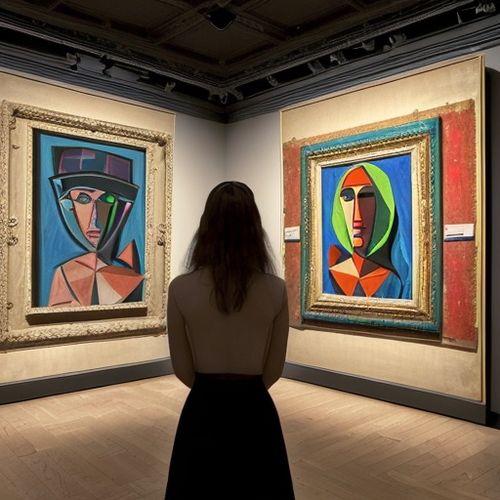
By James Moore/Apr 12, 2025
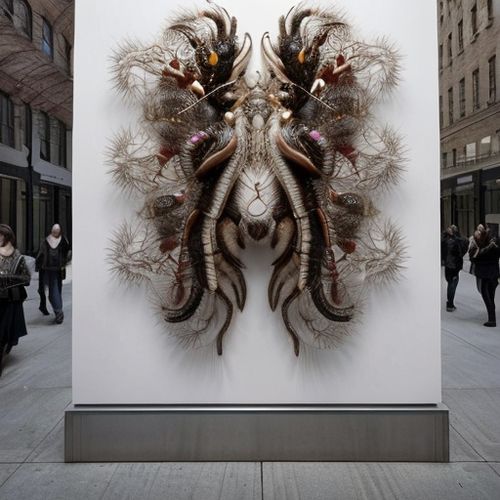
By Grace Cox/Apr 12, 2025
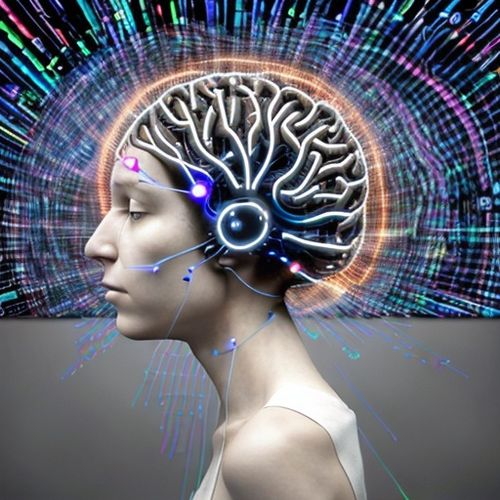
By Ryan Martin/Apr 12, 2025
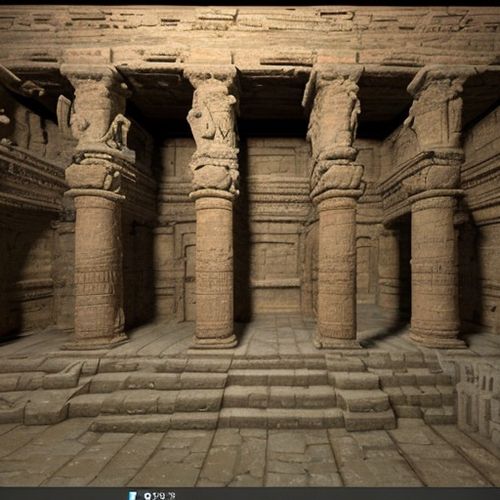
By Lily Simpson/Apr 12, 2025
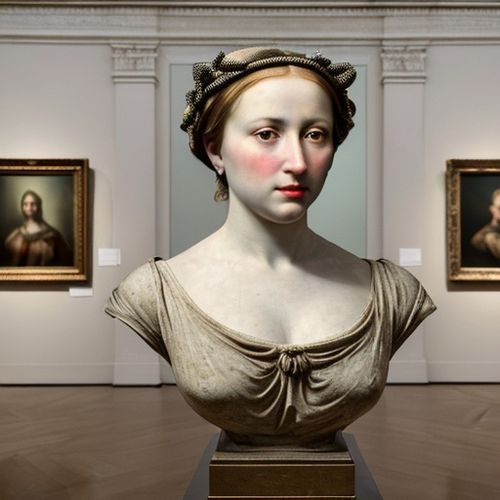
By William Miller/Apr 12, 2025
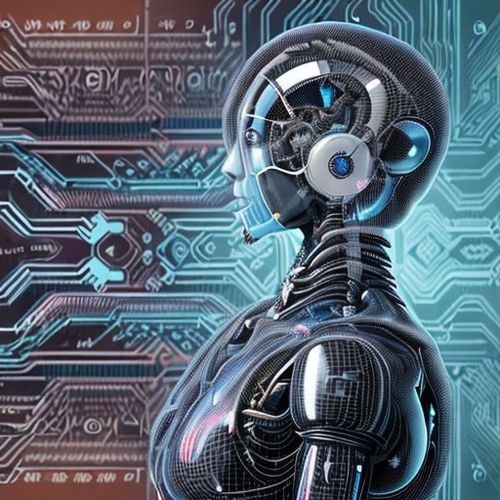
By Michael Brown/Apr 12, 2025
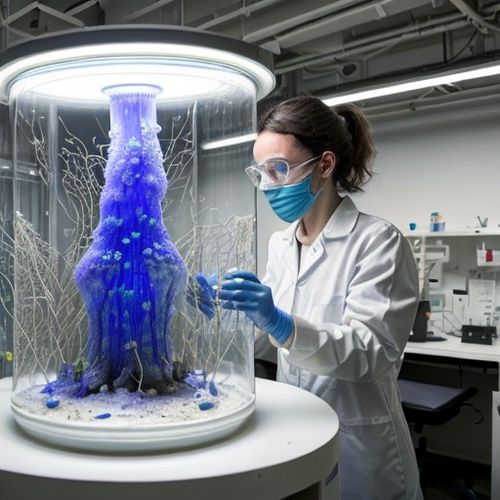
By Laura Wilson/Apr 12, 2025
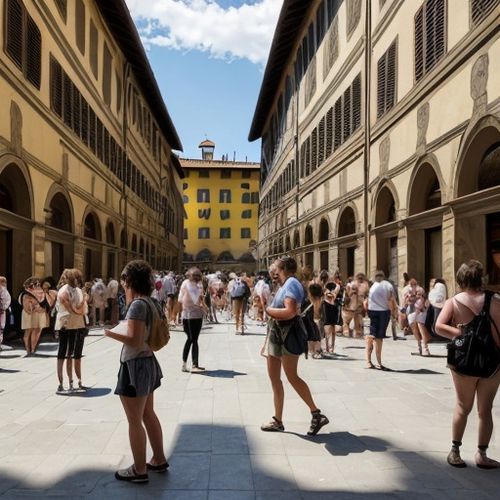
By Emma Thompson/Apr 12, 2025
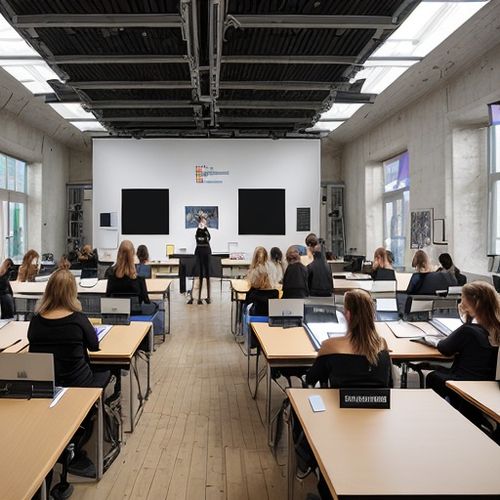
By James Moore/Apr 12, 2025
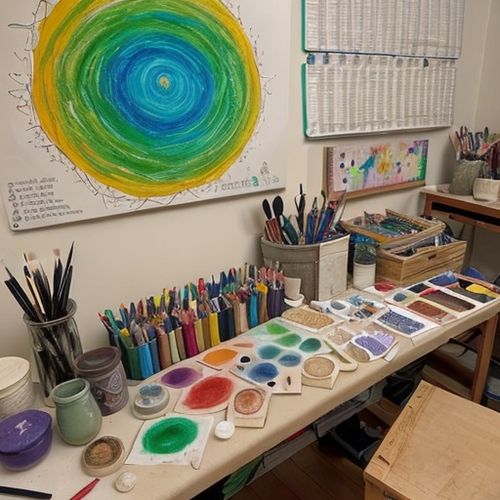
By Emma Thompson/Apr 12, 2025
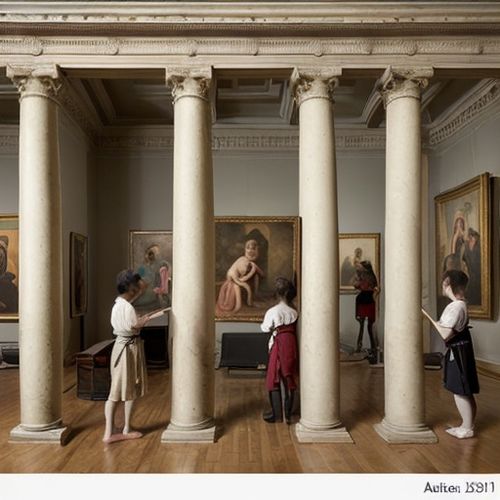
By Ryan Martin/Apr 12, 2025
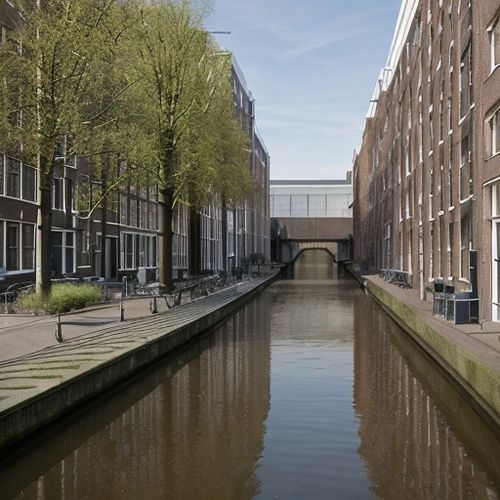
By Victoria Gonzalez/Apr 12, 2025
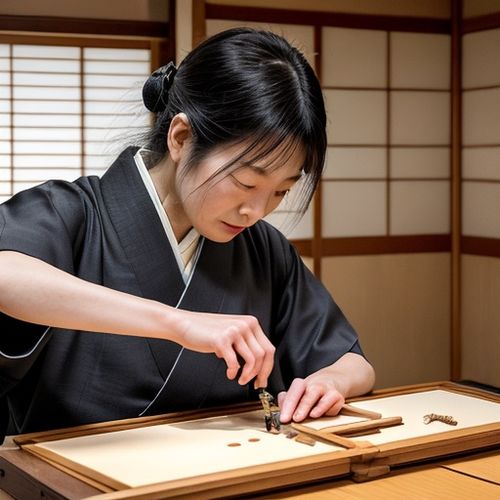
By William Miller/Apr 12, 2025
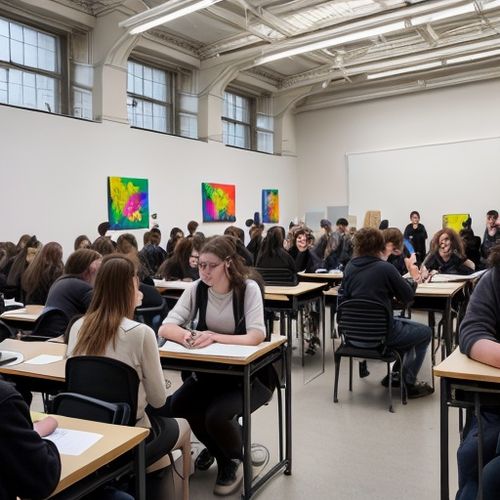
By Grace Cox/Apr 12, 2025
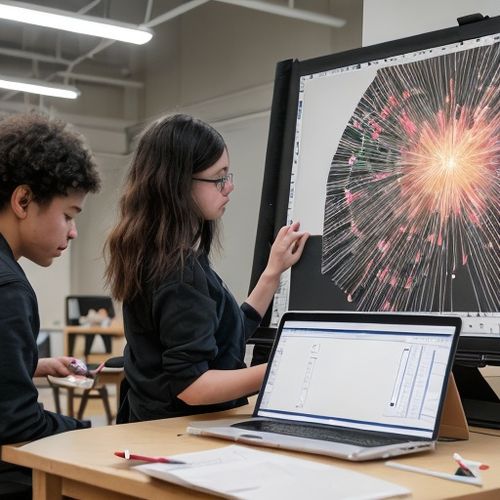
By Sophia Lewis/Apr 12, 2025
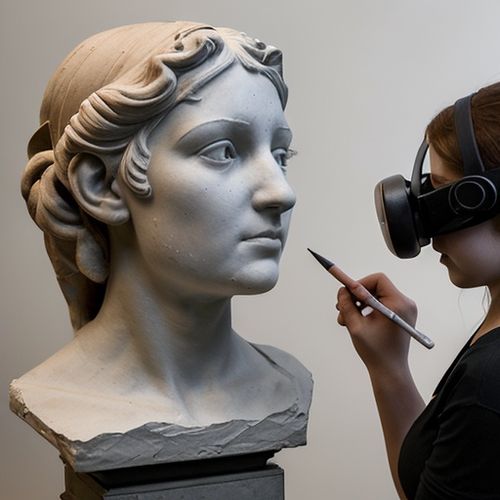
By Amanda Phillips/Apr 12, 2025
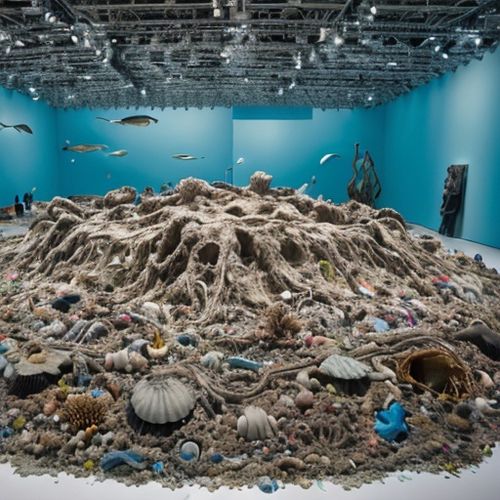
By William Miller/Apr 12, 2025
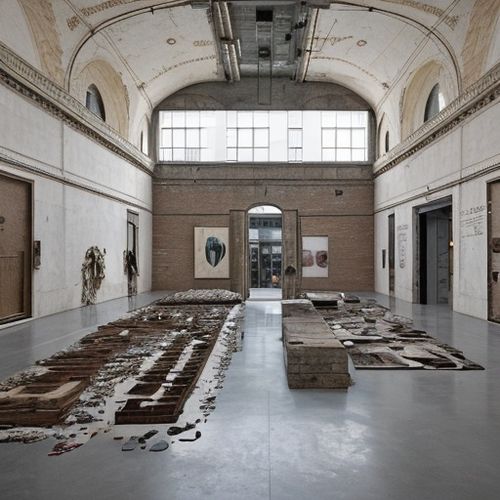
By Sarah Davis/Apr 12, 2025
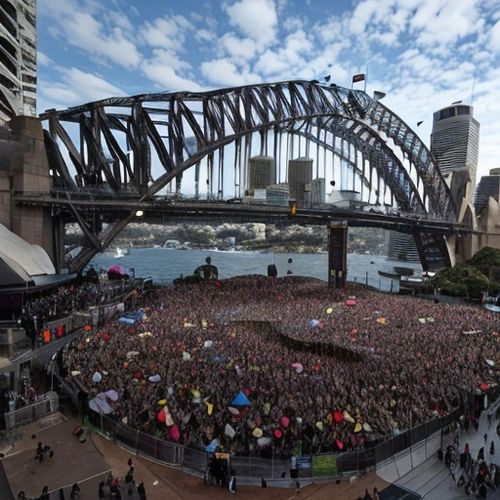
By Jessica Lee/Apr 12, 2025
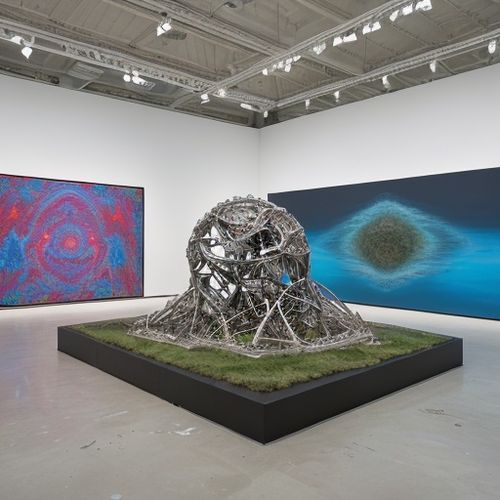
By Emma Thompson/Apr 12, 2025